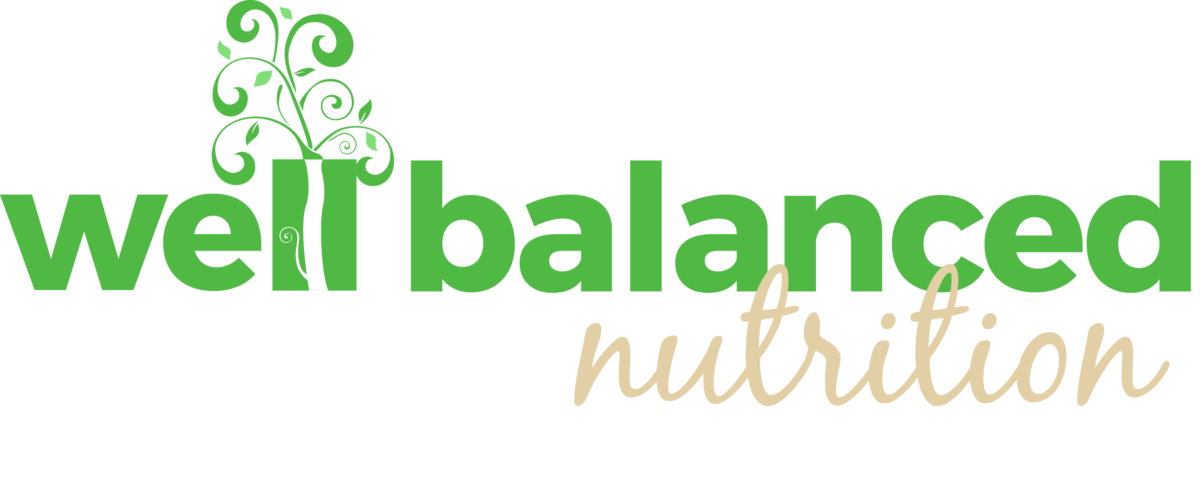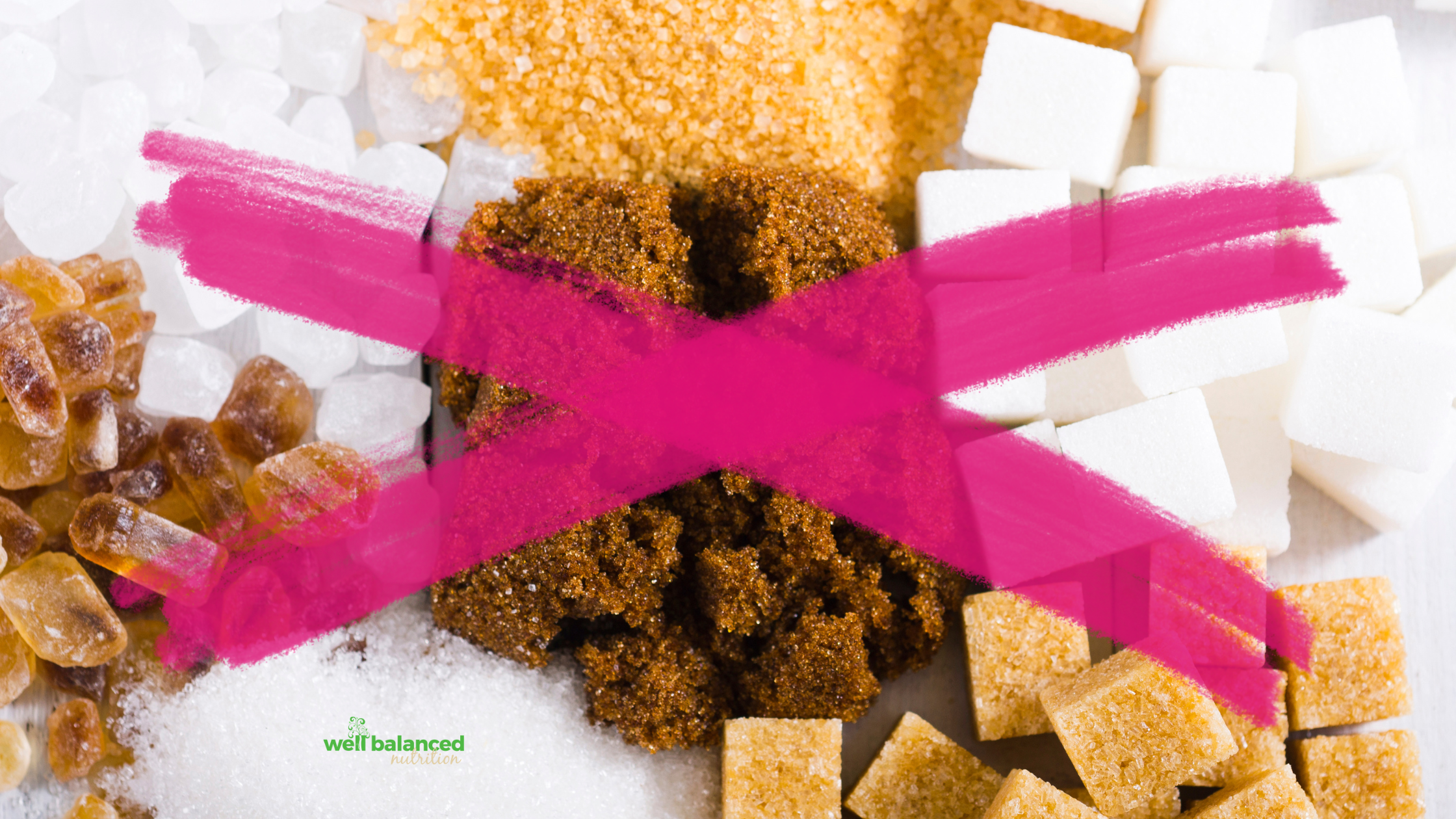One minute you’re fine, and the next you’re in front of the pantry searching for sweets—as if something hijacked your brain.
If that sounds familiar, you’re not alone.
Cravings are sudden, specific desires for food. Most often they’re for something sweet, salty, or comforting, and they can strike whether or not you’re actually hungry. Harvard Health even describes a craving as an intense urge to eat a certain food right away.
In this blog, you’ll learn what sparks cravings—and how to manage them—so you can feel more at ease and in control of what and when you eat.

What causes food cravings?
There are complex and common physiological causes behind cravings. Many of these are built into our brains and naturally regulated by hormones and other chemicals in the body. The top four causes, according to the Cleveland Clinic are food euphoria, feeling stressed, lack of sleep, and day-to-day habits.
Food euphoria
Food euphoria is when the food we eat taps into the “feel good” centers that are hard-wired in the neurons of the brain. In addition to the “feel-good” neurotransmitter called dopamine, craveable foods also stimulate the release of hormones that impact metabolism, stress levels, and appetite. This euphoria feels like a pleasurable reward and can naturally make us want to continue to eat that particular food, generating even more cravings for it.
Feeling stressed
Feeling stressed can make our food cravings even more powerful, especially when that stress is over the long term. Increased levels of stress hormones like cortisol start up our “fight or flight” instincts that get us to look for food so we can get the energy we need to fight or flee. Eating the food we crave provides us with some relief from that stress and helps us to cope with, or even distract from, stressful feelings, even if the coping and distraction are temporary.

Fun fact: Research shows that nutrient or energy deficiencies are not powerful or common causes of food cravings.
Lack of sleep
Lack of sleep can strengthen cravings due to its impact on our hormones. For example, not getting enough sleep places additional stress on our bodies and that further increases our desires for certain foods. Lack of sleep can also induce hunger by increasing the hunger hormone ghrelin and decreasing the fullness hormone leptin.
Day-to-day habits
Habits may also play a part in cravings. Sometimes, when we’re used to snacking in response to certain feelings—like stress or fatigue—or pairing food with certain activities—like driving, scrolling on social media, or watching TV—those habits can reinforce cravings and lead us to reach for snacks almost automatically, before we even realize it.
In addition to these four causes of food cravings, other factors can contribute. For example, seeing or smelling a craveable food can spark cravings, as can hormonal fluctuations that occur during the menstrual cycle. Some medications are known to increase appetite. And new research is looking into possible connections between food cravings and our genes and gut microbiota.

How to curb your food cravings.
Now that we have looked at some of the main causes of cravings, let’s talk about what we can do about them. First, remember that if you are truly hungry, you should eat. But if you know this is just a craving and you feel stuck in a pattern that does not serve you, there are some simple strategies you can try to get back in control.
1. Try drinking water
Sometimes what feels like hunger or a craving is simply thirst. By staying hydrated throughout the day, you may reduce the number of times you feel the urge to eat when your body does not actually need food.
2. Be more mindful
Mindfulness can help you pause and notice cravings before you act on them. Ask yourself if your craving might come from stress, boredom, anger, fatigue, or if you are truly hungry. If you realize it’s an emotional pull, try taking a few deep breaths, listening to a short meditation, or going for a quick walk to reconnect with yourself before reaching for a snack.
When you do eat, stay mindful. By paying close attention to the thoughts and feelings that might fuel a craving, you can slow down and really appreciate what you are eating. Take smaller portions, smell and taste the flavors, chew thoroughly, and relax between bites.
3. Eat balanced meals
By eating meals that are highly nutritious and contain protein and fiber, you can feel fuller quicker and stay full longer. Also, consider eating regularly throughout the day, as longer stretches between meals can intensify feelings of hunger. This can lead to eating too much too fast or eating foods that are convenient and craveable but not as nutritious. Do you need inspiration and ideas for Well Balanced recipes? Join our community and we will deliver a delicious and nutritious meal to your inbox each week!
4. Make nutritious snacks more convenient
Snacking can be a smart strategy, especially when there is a long gap between lunch and dinner. Instead of waiting until you are overly hungry when cravings for anything quick and convenient tend to take over, a healthy snack acts as a purposeful mini-meal that keeps your energy steady and your hunger in check. Choosing nourishing options can prevent overeating later and help you stay balanced throughout the day.
Make healthy choices convenient by washing, chopping, and storing fruits and vegetables ahead of time. Keep grab-and-go dips like nut butter, hummus, plain yogurt, salsa, or guacamole ready. You can even make your own trail mix.
5. Don’t completely deprive yourself
It’s important to remember that a balanced diet includes room for foods you truly enjoy. The key is finding ways to enjoy treats mindfully and strategically, that could be having treats on occasion, having smaller portions, or even choosing healthier versions. Foods with less added sugar or extra protein and fiber can help keep you satisfied and prevent overindulging. Embracing flexibility around food makes it easier to stick with healthy habits long-term while still enjoying life’s little pleasures.

6. Limit environmental cues
Sometimes cravings are brought on by the sight of a tasty snack on social media or the candy bowl in the break room. Becoming aware of these environmental triggers can help you make choices that feel good for you. Rather than trying to fight or ignore cravings, noticing where they come from gives you the chance to respond with kindness and curiosity, and when possible, gently create space away from those cues to support your well-being.
7. Try non-food-related rewards
We often turn to food to celebrate moments like finishing a big project at work, reaching a personal goal, a birthday, or even small wins like getting through a tough day. Food can also be part of gatherings with friends and family, holidays, or special occasions like graduations and anniversaries. These moments feel meaningful, and enjoying favorite treats can make them feel even more special. But it is helpful to build up other ways to enjoy yourself that do not involve eating. Try treating yourself to non-food activities like dancing around your living room, taking a long relaxing bath, going for a walk outside, or diving into a favorite hobby like painting or gardening. You might also treat yourself to a restful nap, listen to your favorite music, or get lost in a good book. Having these options can help you respond in ways that truly nourish you.
8. Manage stress
Life can be stressful, and while we can’t completely avoid stress, we can learn to manage it in healthier ways. Improving how we handle stress may help lower stress hormones and reduce the intensity of food cravings. Finding mindful tools like deep breathing, movement, or connecting with others can make a real difference in how you feel and support your overall well-being.
9. Get enough quality sleep
Not getting enough sleep can leave you feeling hungrier and craving more food. Research suggests that poor sleep may throw your appetite hormones out of balance and make it harder to feel satisfied. On top of that, lack of sleep raises stress levels, which can amplify those cravings even more. Aiming for about seven to nine hours of good sleep each night can help your body stay in balance and make it easier to manage cravings throughout the day.
10. Be compassionate with yourself
Be kind to yourself and remember you are only human. Beating yourself up over what you eat or how much you crave something can actually make cravings worse. When you feel guilty or ashamed, it can create more stress and negative emotions, which often send you right back to food for comfort. This cycle can be exhausting and discouraging. Being kind to yourself and letting go of harsh self-talk can help break that pattern. When you approach cravings with curiosity and self-compassion instead of criticism, it is easier to make choices that truly support your well-being.
Food for thought…
The good news is that as you understand more about why you have food cravings, you can start using smart strategies to guide them toward your health goals—so you don’t feel like you’re at their mercy.

Let’s Connect!
Do you need more guidance on improving your health with food? If you want a personalized and more detailed nutrition plan based on your health, lifestyle, and goals, connect with our team at Well Balanced Nutrition to get started on a plan that truly works for you.
References
- Meule A. (2020). The Psychology of Food Cravings: the Role of Food Deprivation. Current nutrition reports, 9(3), 251–257. https://doi.org/10.1007/s13668-020-00326-0
https://www.ncbi.nlm.nih.gov/pmc/articles/PMC7399671/ - Harvard T. H. Chan School of Public Health. (2021, April). Cravings. The Nutrition Source. https://www.hsph.harvard.edu/nutritionsource/cravings/
- Cleveland Clinic. (2020, December 14). Here’s the deal with your junk food cravings. Health Essentials. https://health.clevelandclinic.org/heres-the-deal-with-your-junk-food-cravings/
- Cleveland Clinic. (2023, January 26). Why you stress eat and how to stop. Health Essentials. https://health.clevelandclinic.org/how-to-stop-stress-eating/
- Harvard T. H. Chan School of Public Health. (n.d.). Sleep. The Nutrition Source. https://www.hsph.harvard.edu/nutritionsource/sleep/
- Cleveland Clinic. (2021, March 25). Three reasons you crave sweet or salty food. Health Essentials. https://health.clevelandclinic.org/3-reasons-you-crave-sweet-or-salty-foods/
- Cleveland Clinic. (2022, August 12). Quick snacks to help kick your sugar cravings. Health Essentials. https://health.clevelandclinic.org/kick-your-sugar-addiction-with-these-5-snacks/
- Harvard T. H. Chan School of Public Health. (2020, November). Mindful eating. The Nutrition Source. https://www.hsph.harvard.edu/nutritionsource/mindful-eating/
- Harris, N. M., Lindeman, R. W., Bah, C. S. F., Gerhard, D., & Hoermann, S. (2023). Eliciting real cravings with virtual food: Using immersive technologies to explore the effects of food stimuli in virtual reality. Frontiers in psychology, 14, 956585. https://doi.org/10.3389/fpsyg.2023.956585 https://www.ncbi.nlm.nih.gov/pmc/articles/PMC10149689/



